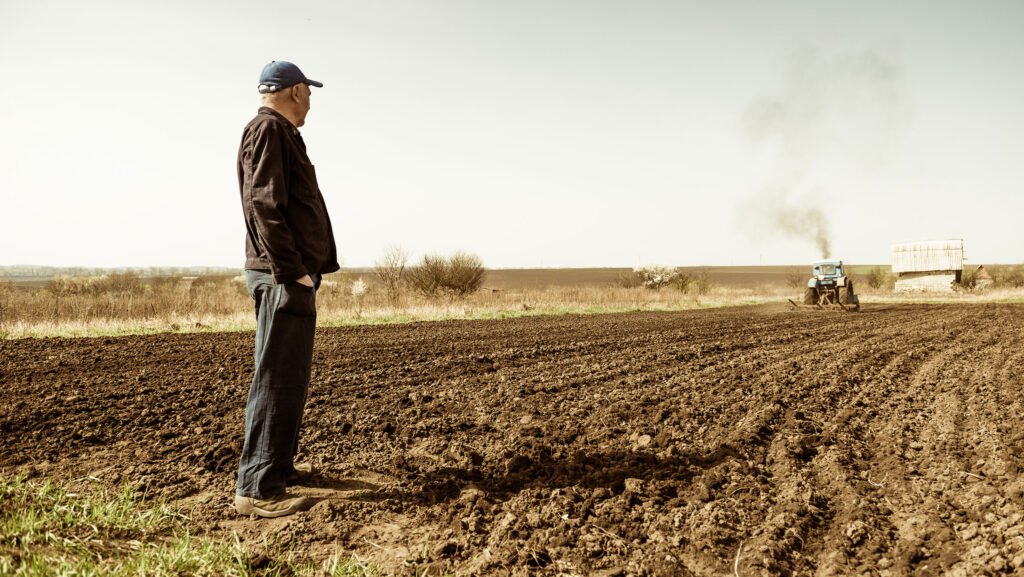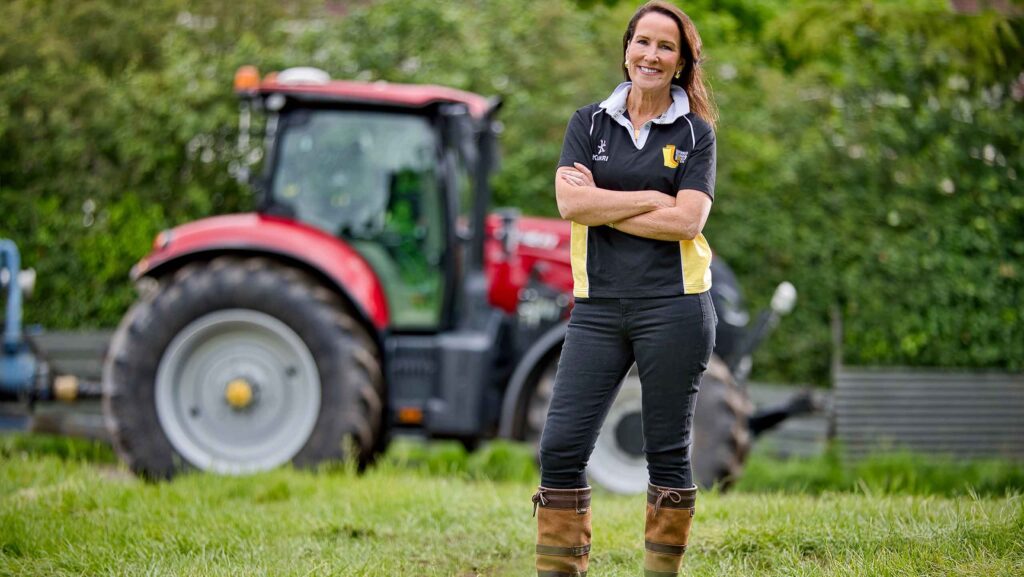Older farmworkers at greatest accident risk on NI farms
 © Adobe Stock
© Adobe Stock Agriculture continues to be the most dangerous profession for workplace injuries and fatalities in Northern Ireland (NI), with older farmers particularly vulnerable to accidents.
Finding ways to improve this poor track record was the focus of the second annual Farm Safety and Wellbeing Conference, which took place in Belfast on 29 April, organised by the Farm Safety Foundation.
See also: Find all our health and safety content in one place
Farm Safety Foundation manager Stephanie Berkeley said the industry needed to challenge and change long-standing attitudes and behaviours towards farm safety and mental health.
“These are not easy conversations to have, but they are necessary ones,” she said.
A three-year NI Farm Safety Action Plan was launched last autumn, outlining best practice for farm businesses to reduce risks on farm.
Talking at the event, NI agriculture minister Andrew Muir said: “Awareness of safe working practices within the industry has much improved and it is very encouraging to see the major accident rate declining.
“But fatalities remain stubbornly high, particularly among older farmers.
“We must recognise the importance of every single individual involved in the sector and what we can do to reduce the risk of serious harm or injury as they go about their daily work.
“Unfortunately, there are still avoidable deaths occurring on farms and the industry’s poor safety record has been slow to show improvements.”

Stephanie Berkeley © Richard Stanton
Safety essentials
The NI Farm Safety Partnership (FSP), made up of key farming stakeholders, runs a Stop and Think Safe campaign, focusing on the four main farm hazards: slurry, animals, falls and equipment.
It has also launched Farm Safe Essentials, which provides advice on different farming practices to reduce risk.
Robert Kidd, chief executive of the Health and Safety Executive for Northern Ireland, said looking back at each of the farming fatalities in the past six years, only one was a complete freak accident that could probably have not been avoided.
He urged people to pause and think what happens if something goes wrong, adding that the difference between a near miss and a fatality can be tiny.
Young farmers
Agricultural colleges and young farmers’ clubs across the whole of Ireland are providing students with training on farm safety to embed best practice and challenge unsafe ways of working.
Richard Beattie, president of Young Farmers’ Clubs of Ulster, said it is very important that peers learn from peers, as young farmers can highlight the importance of farm safety to others.
Elaine Houlihan, president of Macra na Feirme – the young farmers’ organisation in the Republic of Ireland – added: “As young farmers, we are championing changes on farm.
“We are able to bring the older generation through this journey of farm safety as well.”
There was a general consensus that children should be allowed to be involved in farming to some degree, but it should always be with safety kept firmly in mind.
Any activity they are involved in should be appropriate to their age and ability, and be supervised.
Dr Bryan Monson, deputy chief executive of the Health and Safety Executive for Northern Ireland, said: “It’s not just about physical ability, but also mental ability and how mature a younger person is.”
Ageing workforce
Older workers have been found to be disproportionately likely to be impacted by a workplace injury or fatality on farm.
Dr Monson added there was a greater series of risks on farm as a result of getting older.
Occupational health was also mentioned, with farmers as a profession at greater risk of certain diseases such as skin cancer, yet also often less likely to see a doctor for early diagnosis.
Dr Monson suggested using the right language was absolutely critical to getting the message of safety across well, with individuals not interested in risk assessments, but willing to consider the principle of “stopping and thinking safe”.
